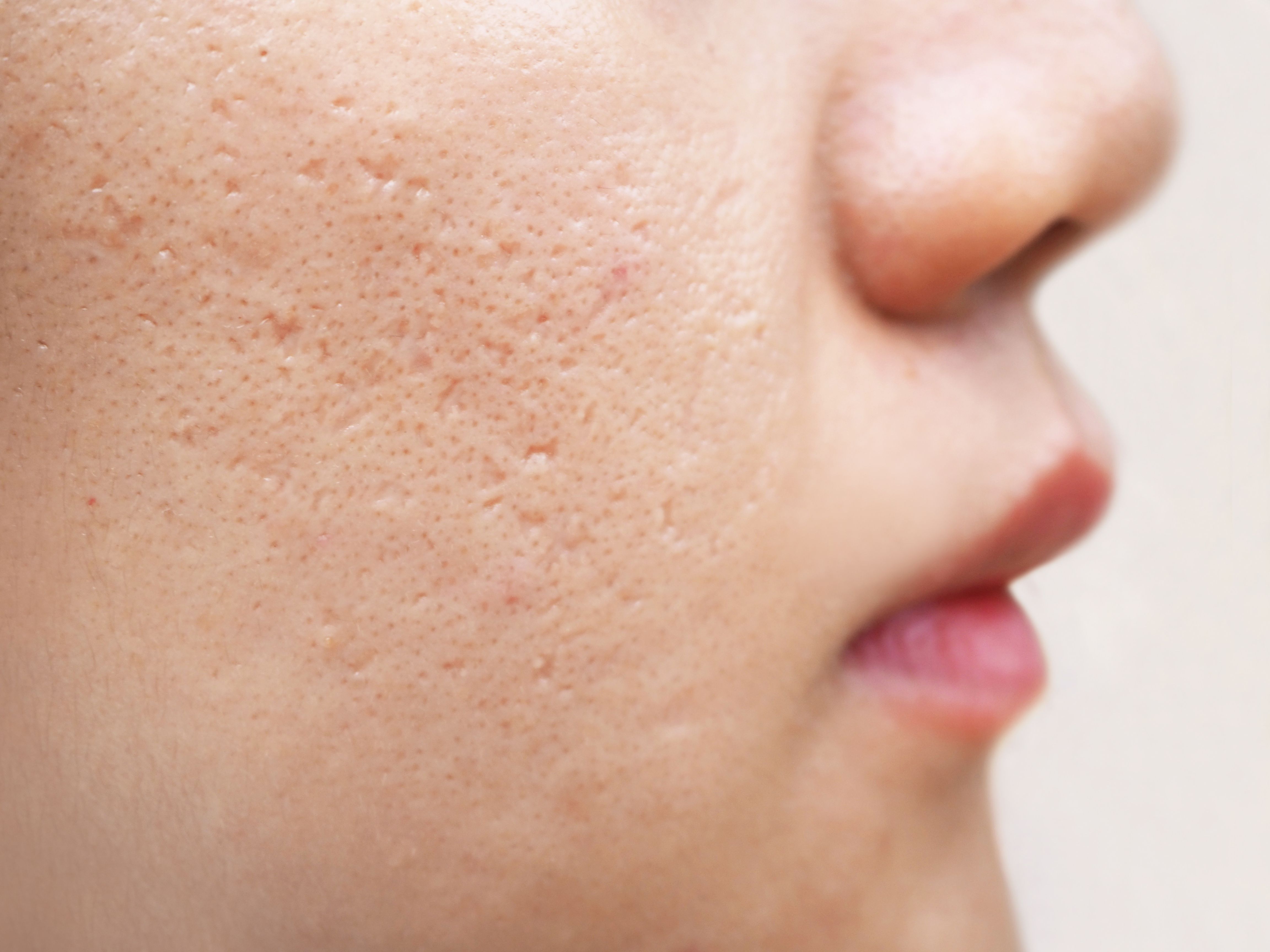- Acne
- Actinic Keratosis
- Aesthetics
- Alopecia
- Atopic Dermatitis
- Buy-and-Bill
- COVID-19
- Case-Based Roundtable
- Chronic Hand Eczema
- Drug Watch
- Eczema
- General Dermatology
- Hidradenitis Suppurativa
- Melasma
- NP and PA
- Pediatric Dermatology
- Pigmentary Disorders
- Practice Management
- Precision Medicine and Biologics
- Prurigo Nodularis
- Psoriasis
- Psoriatic Arthritis
- Rare Disease
- Rosacea
- Skin Cancer
- Vitiligo
- Wound Care
Article
Antibiotic dialogue needs to continue
Author(s):
I thoroughly enjoyed the lead article about “antimicrobial stewardship” in the October edition of Dermatology Times (“Antimicrobial stewardship: How dermatologists can be part of the solution, Vol. 34, No. 10). It succinctly and effectively detailed that for healthcare providers in general and dermatologists in specific, it is our duty to utilize antimicrobials appropriately.
I thoroughly enjoyed the lead article about “antimicrobial stewardship” in the October edition of Dermatology Times (Antimicrobial stewardship: How dermatologists can be part of the solution, Vol. 34, No. 10). It succinctly and effectively detailed that for healthcare providers in general and dermatologists in specific, it is our duty to utilize antimicrobials appropriately. It appears to me that the ability of bacteria to outsmart our antibacterials is outpacing the generation of new antibacterials. We need to save the tools (antibiotics) in our tool bag for when we really need them (to treat infection).
I think the article stopped short and I ask you to consider a part two of “Antimicrobial stewardship.” Ideally, it would include a call to action plan encouraging all of us to find ways to save the antibiotics. One way I try to judiciously use antibiotics is to limit their use for acne. Acne is probably the dermatological condition for which we use (misuse) antibiotics the most.
There was an interesting study that looked at P. acnes reaction to doxycycline 100 mg twice a day versus benzoyl peroxide. Surprisingly, the doxycycline had none to minimal effect on the P. acnes, while benzoyl peroxide was very effective in eradicating the bacteria. So, I deduce that the doxycycline benefit for acne really is from its anti-inflammatory properties and not from its antibacterial effects.
Therefore, my oral agent of choice for acne is sub-antimicrobial Oracea (doxycycline, Galderma). Oracea is also my agent of choice for other inflammatory diseases such as rosacea, periorificial dermatitis, hand eczema and bullous pemphigoid. During my residency, for inflammatory conditions we commonly used tetracycline ... until it was no longer available. Then we (the dermatology community) switched to doxycycline 100 mg twice a day. Why the convention became to use the antibacterial dose of doxycycline when lower sub-antimicrobial doses had similar anti-inflammatory benefit in research still eludes me.
The main hurdles to prescribing Oracea are the cost and insurance coverage. This is distressing to me because the cost to society of prescribing (sometimes) less expensive antibiotics for acne is causing an increased financial burden to society by creating more resistant bacteria. It is easier to prescribe antimicrobial doses of doxycycline for our clinic team with fewer callbacks, letters from insurance carriers, and prior authorizations to complete. But even though it is easier in the short term, I know it is not what is best for the long term.
The pit in my stomach grows a little bigger every time I prescribe oral antibiotics to healthy, athletic teenagers for their acne knowing I am increasing their risk of contracting MRSA (methicillin resistant Staphylococcus aureus) from the locker room, classroom, or anywhere in the community. Would it be better to prescribe isotretinoin instead of oral antibiotics when an oral medication is warranted if I am not able to prescribe sub-antimicrobial medications?
I do not know what the answers are when it comes to proper antibiotic usage by dermatologists, but I appreciate you for bringing this issue to light and continuing the dialogue. I hope you follow through and interview people who are considered expert in this area.
Newsletter
Like what you’re reading? Subscribe to Dermatology Times for weekly updates on therapies, innovations, and real-world practice tips.











